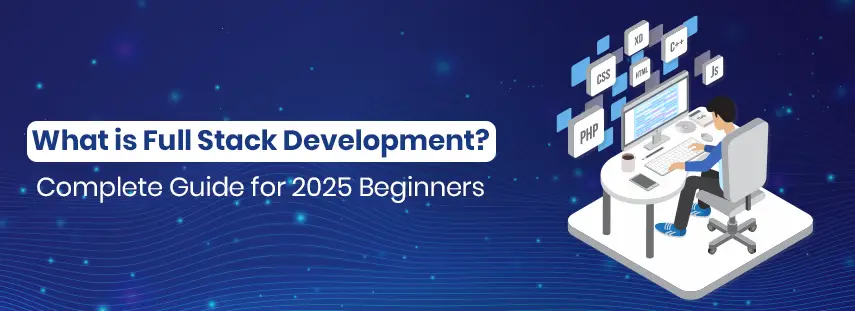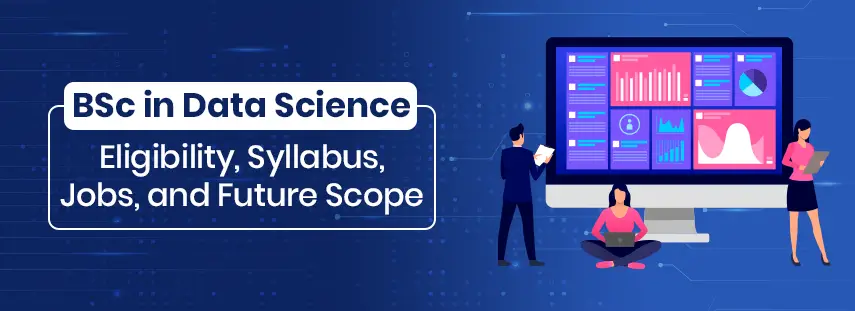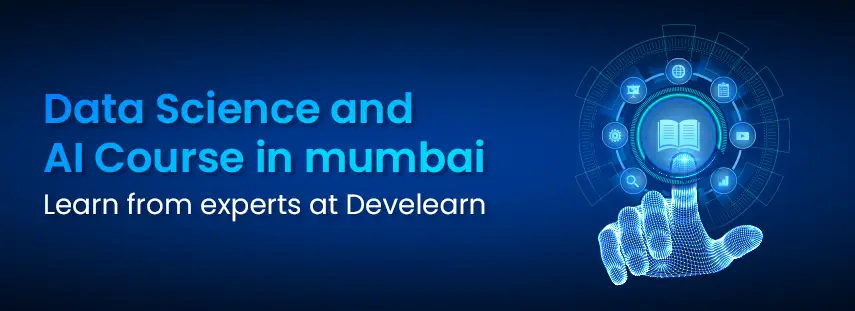Join As Students, Leave As Professionals.
Develearn is the best institute in Mumbai, a perfect place to upgrade your skills and get yourself to the next level. Enroll now, grow with us and get hired.

The Importance of Vector Databases for LLM Empowerment
This blog explores the critical role that vector databases play in LLM empowerment, shedding light on their capabilities and the advantages they bring to the legal field. From improving legal research to enhancing case management, vector databases are revolutionizing the way legal professionals operate.
Vector
Data Base
LLM
Develearn
3 minutes
September 12, 2023
Loading content...




